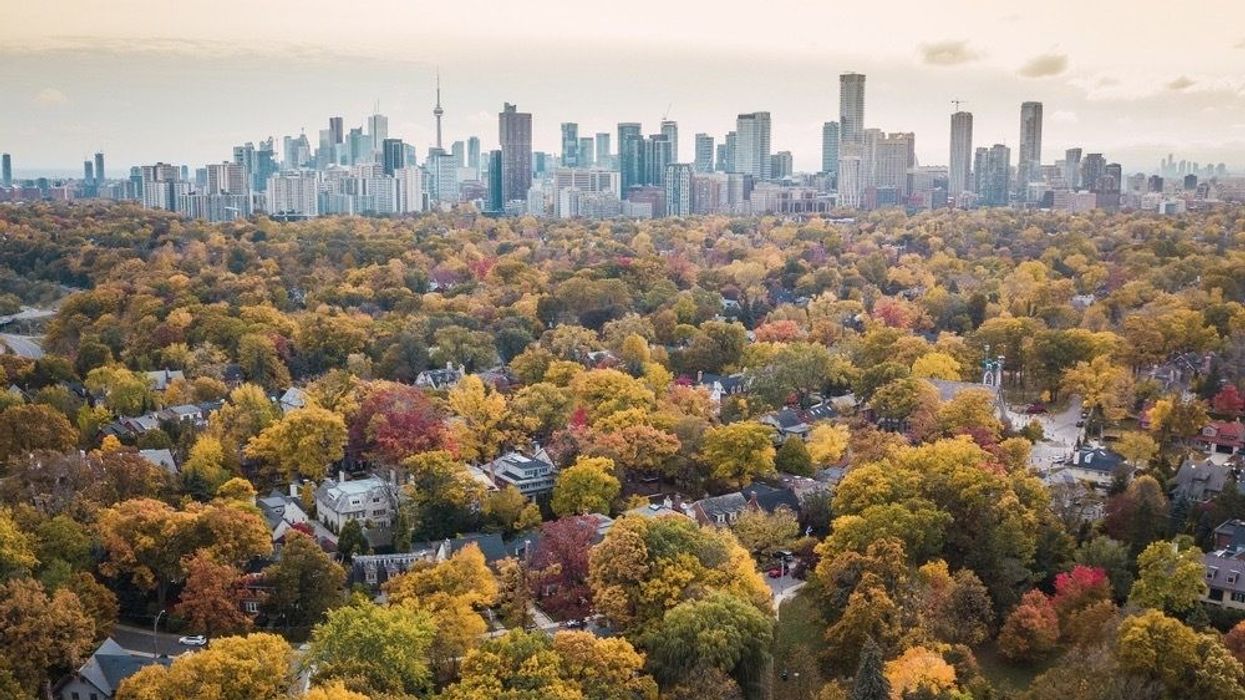In March 2020, cyclical real estate trends took a backseat to mass, of-the-moment decision making: out of the core, into the suburbs, and as soon as possible -- the season didn't matter.
Location-based trends flipped on their head, as areas with less density became alluring to even the most "downtown" of personality types.
Fast-forward through the chaos to today: the dust has settled, offices have reopened, and a sense of normalcy has mostly resurfaced. As we embrace the other side of the pandemic, we're left to analyze what's classified as a "return" to normal, and what's part of the "new" normal -- real estate trends included.
According to Raj Masrani, Broker of Record in Ontario for FairSquare Group Realty, select trends will make a comeback in our post-COVID world. But -- as you may expect -- the pandemic's fallout will continue to have impacts.
"We expect buyers will move back toward the urban areas, as most companies are now trying to figure out a back-to-work process or hybrid model and what that looks like," Masrani says.
He describes how, due to an increase of at-home responsibilities and a craving for outdoor access, the early-pandemic flee to the suburbs made sense for a lot of people. But now, the distance from the core that was once a comfort has become, for many, an inconvenience.
"We are going through a reality-check, as commute times can be anywhere from an hour to three hours each way," he explains. "That, coupled with the allure of restaurants, bars, museums, sports arenas, concerts, and city events, is luring commuters back to the city. As everyone returns to work, cities are starting to become popular again."
READ: What Shifting Ontario Housing Markets Mean for Sellers
As for the seasonal trends typically seen pre-COVID, including active springs and autumns, matched by relatively quiet summers and winters, Masrani predicts a more balanced market will bring this type of activity back into rhythm.
"As Canadians go back to school, take summer vacations and holidays for Christmas, we will definitely see an impact on the real estate market," he explains. "However, people always need to move, and if there is urgency, they will bite the bullet no matter what the market is like."
"It looks to [now] be a more balanced market, wherein buyers are seeking to do their due diligence when purchasing a property," he says. "In the midst of the COVID pandemic, sellers were in control, and that control now seems to be shifting towards buyers. Homes are staying on the market longer."
The issue Masrani raises, particularly for those who did flee to the suburbs, is whether an urban return is actually a feasible option anymore, at least from a purchasing standpoint, taking into account the shifting market (and inflation).
"Some who moved to the suburbs may not be able to buy back into the city. They may be forced to rent." Masrani says. “If you’re looking to move back into the city, speaking to a real estate professional is your best choice, as they can guide you based on current market activity.”
This article was produced in partnership with STOREYS Custom Studio.





















